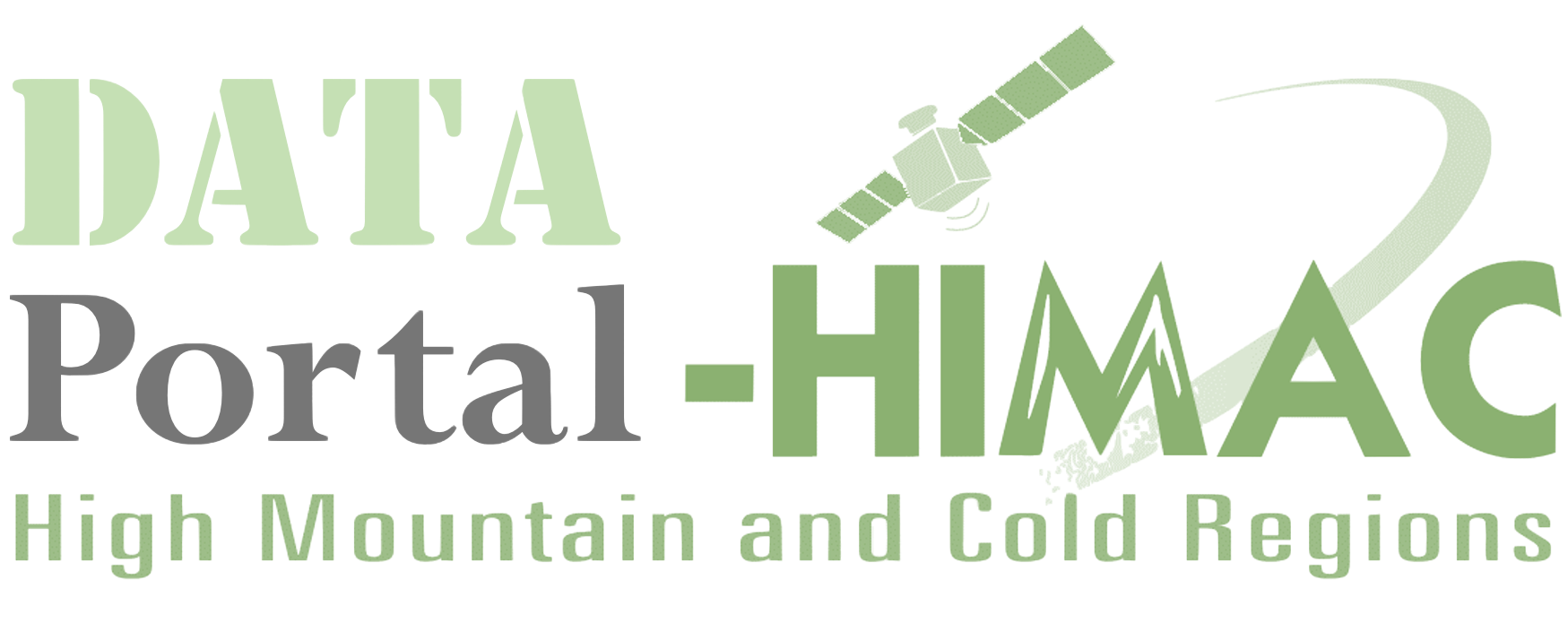EMODnet Central Portal
Data and Resources
Additional Info
| Field | Value |
|---|---|
| Source | https://www.emodnet.eu/en/portals |
| Last Updated | May 26, 2021, 02:26 (UTC) |
| Created | November 9, 2020, 07:10 (UTC) |
| Country | Belgium |
| Data Management | Marine data include a very wide range of measurements and variables derived from a broad spectrum of multidisciplinary research projects and monitoring programmes. The data are collected by different institutes, governmental organizations or private companies using heterogeneous instruments and sensors installed in various observing platform. Depending on the data type, the acquisition systems, the delivery time frame or operations of the archiving centre, there is not a unique used data model and structure and the original measurement format may not be the same with the format that the archiving centre can accept. In general the archiving format should be: be independent from the computer (and libraries), insure that any isolated data includes enough meta-data to be processed (eg. Location and date), be compatible and include at least the mandatory fields (meta-data) requested for the exchange format(s), include additional textual or standardized “history” or “comment” fields to prevent any loss of information, provide similar structure and meta-data for different data type such as vertical profiles and time series. Alongside the data, additional information (metadata) is needed not only for quality control and archiving, but also for exchanging data or integration of them into regional or global data sets. For all types of data, information is required about: Where the data were collected: location (preferably as latitude and longitude) and depth/height When the data were collected (date and time in UTC or clearly specified local time zone) How the data were collected (e.g. sampling methods, instrument types, analytical techniques) How you refer to the data (e.g. station numbers, cast numbers) Who collected the data, including name and institution of the data originator(s) and the principal investigator What has been done to the data (e.g. details of processing and calibrations applied, algorithms used to compute derived parameters) Watch points for other users of the data (e.g. problems encountered and comments on data quality) We encourage the great variety of data submitters to adopt the common formats for metadata and data with the existing marine community practices and make use of these common standards for their data packages submissions. This will enable the easiest integration of their data sets into the current data systems and make them re-usable. A summary of these basic data management guidelines used by the marine community can be found here. |
| Data Policy | the core principles of EMODnet, including adherence to good data management practices and open sharing of data; |
| Data Sharing Principle | The publication and sharing of marine data follows established best practice. The EU shares marine observation data through the EMODnet central web portal and ocean modelling data through the Copernicus Marine website. In general, European marine observation data originates with the Member States, and is aggregated by EMODnet for publication on the EMODnet Central Portal as a centralised hub for European marine data. In China NMDIS is responsible for national marine data collection, management, processing and distribution, and the construction and operation of the marine environmental and geographical information service platform, undertaking quality control and evaluation of marine data and information products. In addition, it is responsible for operational tide and tidal current forecast, sea level change prediction and evaluation and development and release of marine environment data re-analysis products. |
